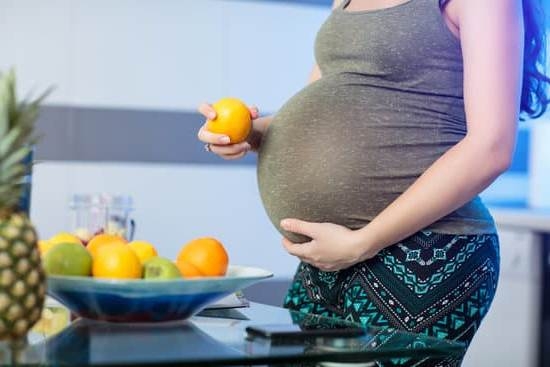Low Iron in Pregnancy
Being pregnant means eating a balanced diet and delivering key nutrients to help infants develop into healthy babies. Iron is a key mineral in supporting the growth of your baby and avoiding complications during pregnancy. Unfortunately, many pregnant women struggle to meet the recommended daily dose of iron or find themselves battling an iron deficiency known as anemia.
What is Anemia?
Anemia is a condition that occurs when your body doesn’t have enough healthy red blood cells or the level of hemoglobin in your blood is too low. Hemoglobin is an important protein found in red blood cells that binds to oxygen molecules and helps carry oxygen throughout your body. Without enough hemoglobin, your body can’t get the oxygen it needs for healthy cell growth and development.
Why is Iron important during pregnancy?
Iron plays an important role in the development of your baby and your health during pregnancy.
- Baby’s growth:Adequate daily amounts of iron can help the body produce more hemoglobin and red blood cells, which support normal fetal growth.
- Your health: Iron deficiency can lead to hair loss, preterm labor, fatigue, and generalized weakness.
How much Iron is needed during pregnancy?
According to the National Institutes of Health (NIH) pregnant women are recommended to consume the following amounts of iron each day to support the growth and development of the baby:
| Age | Recommended Daily Iron Goal |
| 19 and under | 27 milligrams |
| 19 and over | 30 milligrams |
What foods are high in iron?
To make sure you’re getting the recommended iron amounts each day, try incorporating the following iron-rich foods into your meal plan:
- Lean meats such as beef, pork and poultry
- Legumes such as lentils and beans
- Iron-fortified cereal
- Green leafy vegetables such as spinach, kale and collards
- Eggs
- Seafood such as oysters, clams, and mussels
How iron is absorbed by the body?
Your body absorbs iron in two forms:
- Heme iron, which is found in animal proteins and is the form you absorb the most easily.
- Non-heme iron, which is found in plant proteins and is absorbed more weakly.
It’s also important to note that several dietary components can enhance or inhibit your body’s ability to absorb iron.
- Vitamin C enhances iron absorption, so you can take advantage of this by combining a food high in vitamin C with a food high in iron like a spinach salad and a piece of juicy orange.
- Calcium can inhibit iron absorption, so it’s usually recommended to avoid drinking milk (rich in calcium) with your iron-rich meal.
Conclusion
During pregnancy, it’s important to make sure you’re getting enough iron to support the growth of your baby. Eating foods high in iron and understanding how your body absorbs iron can help you get the benefits of this essential mineral. If you’re concerned about your iron levels, talk to your healthcare provider to find the best routine and supplements that work for you.

Welcome to my fertility blog. This is a space where I will be sharing my experiences as I navigate through the world of fertility treatments, as well as provide information and resources about fertility and pregnancy.





